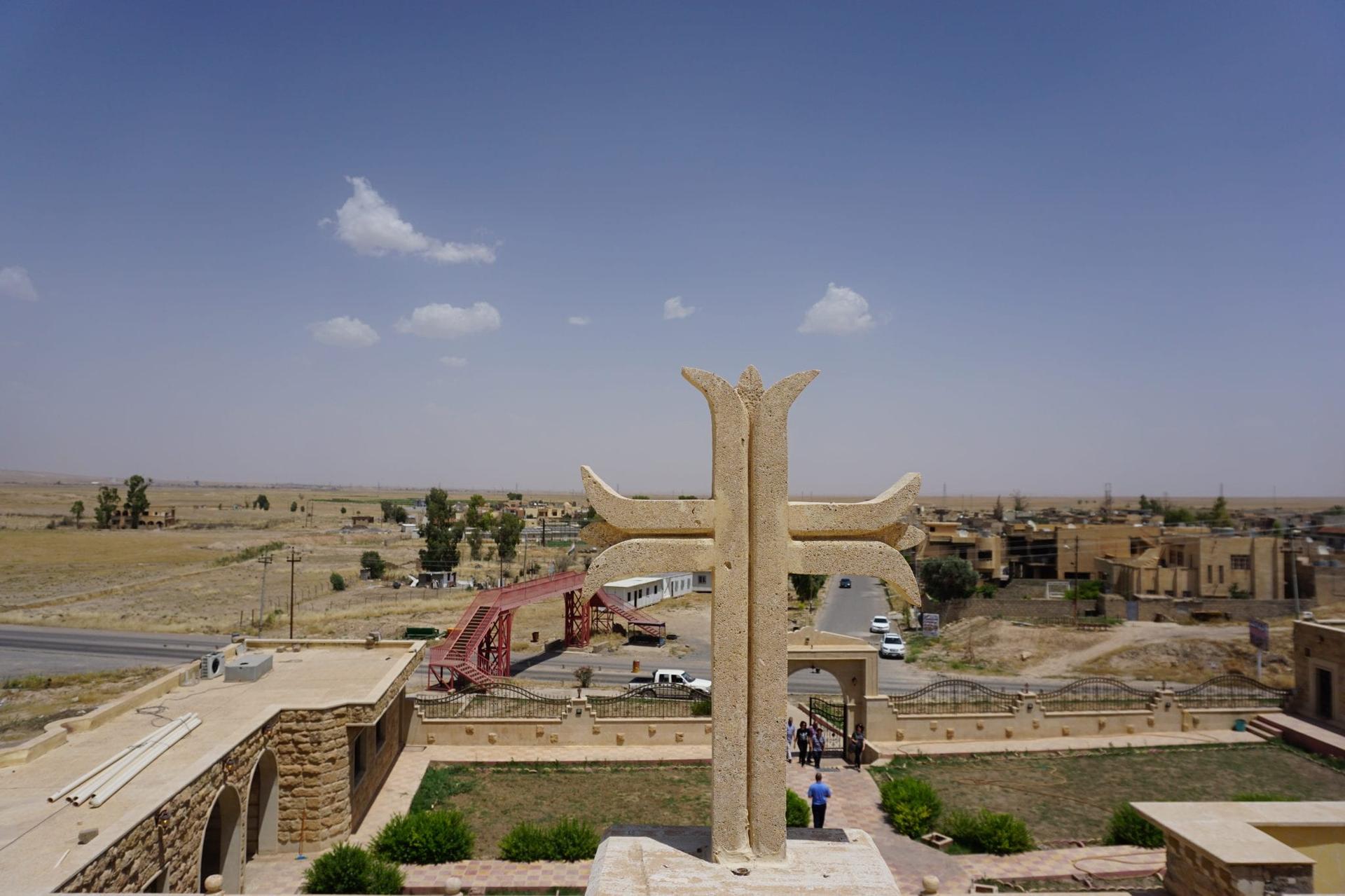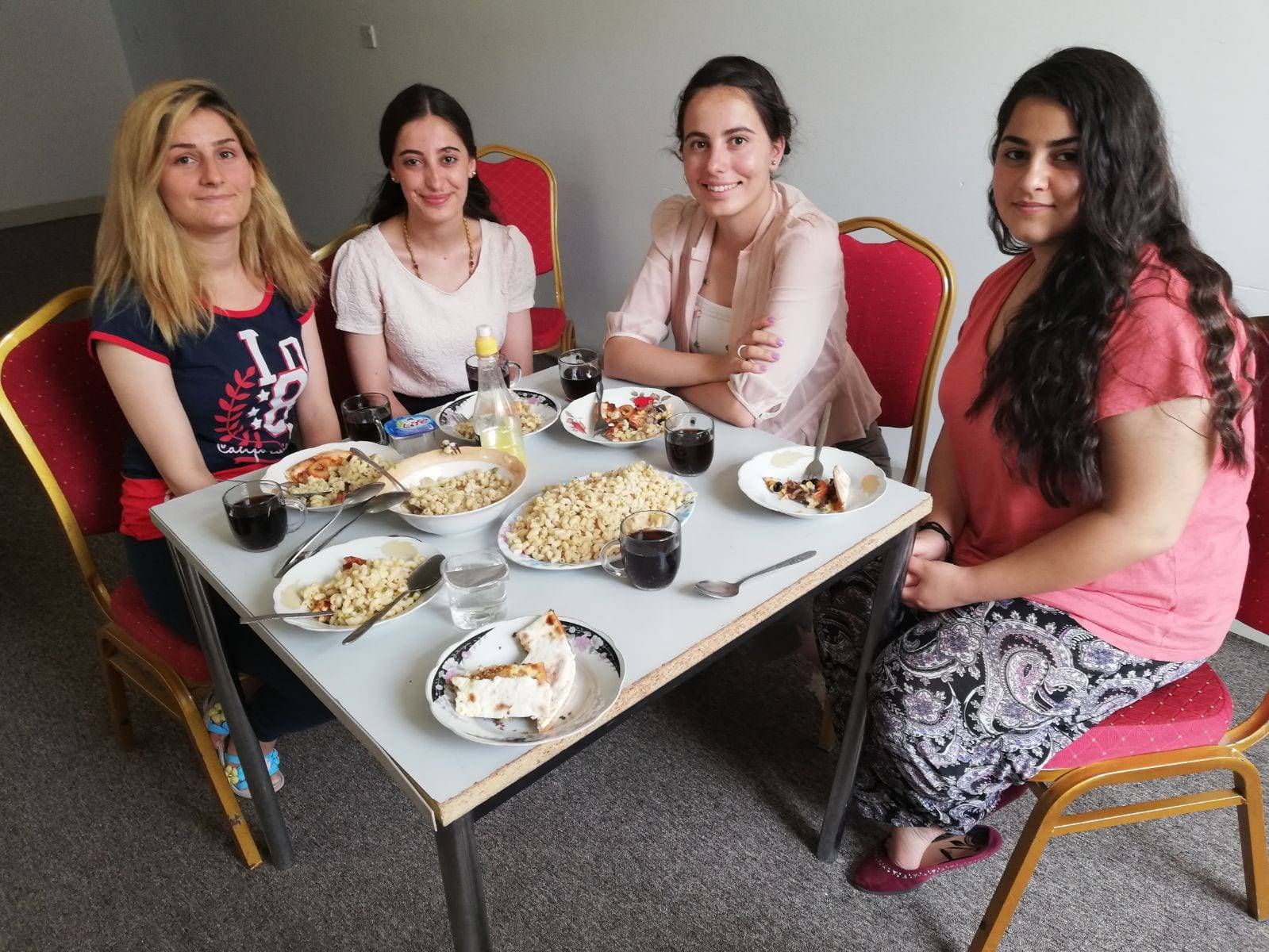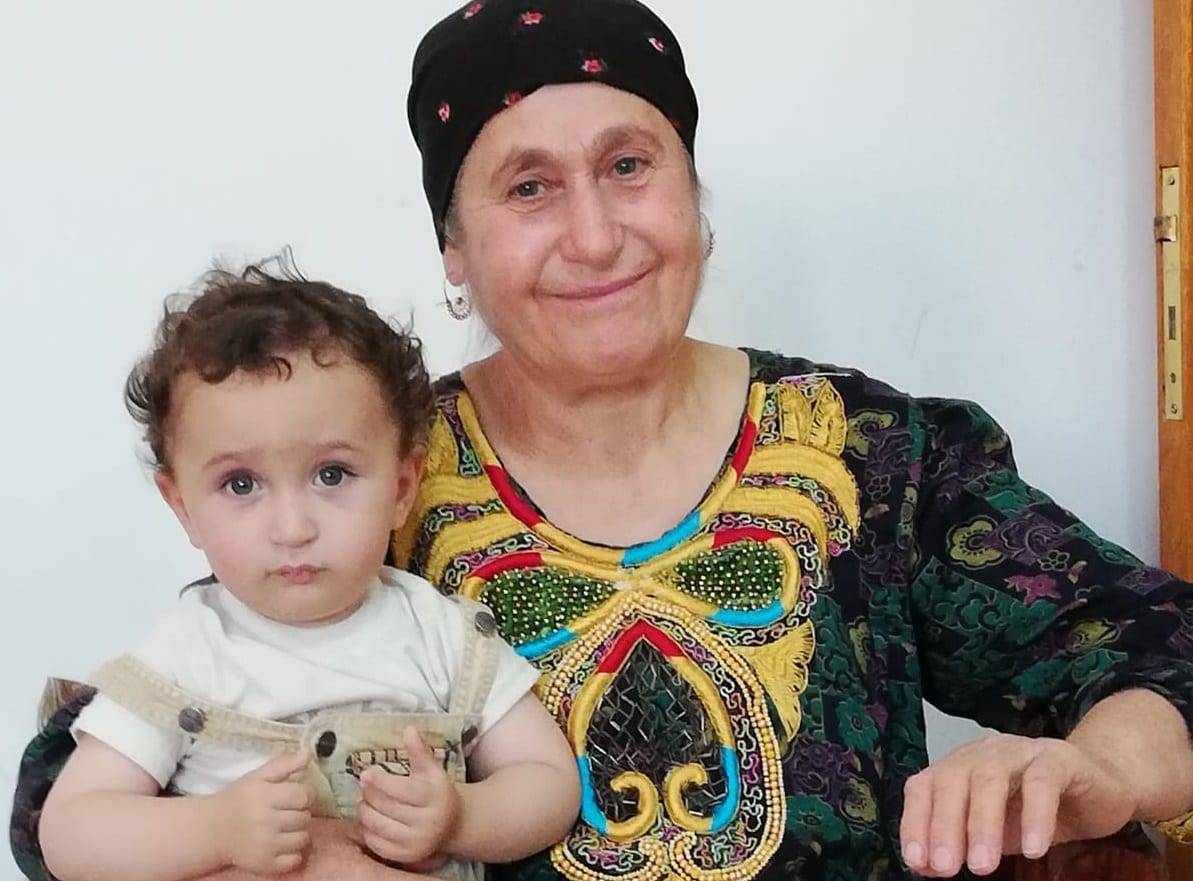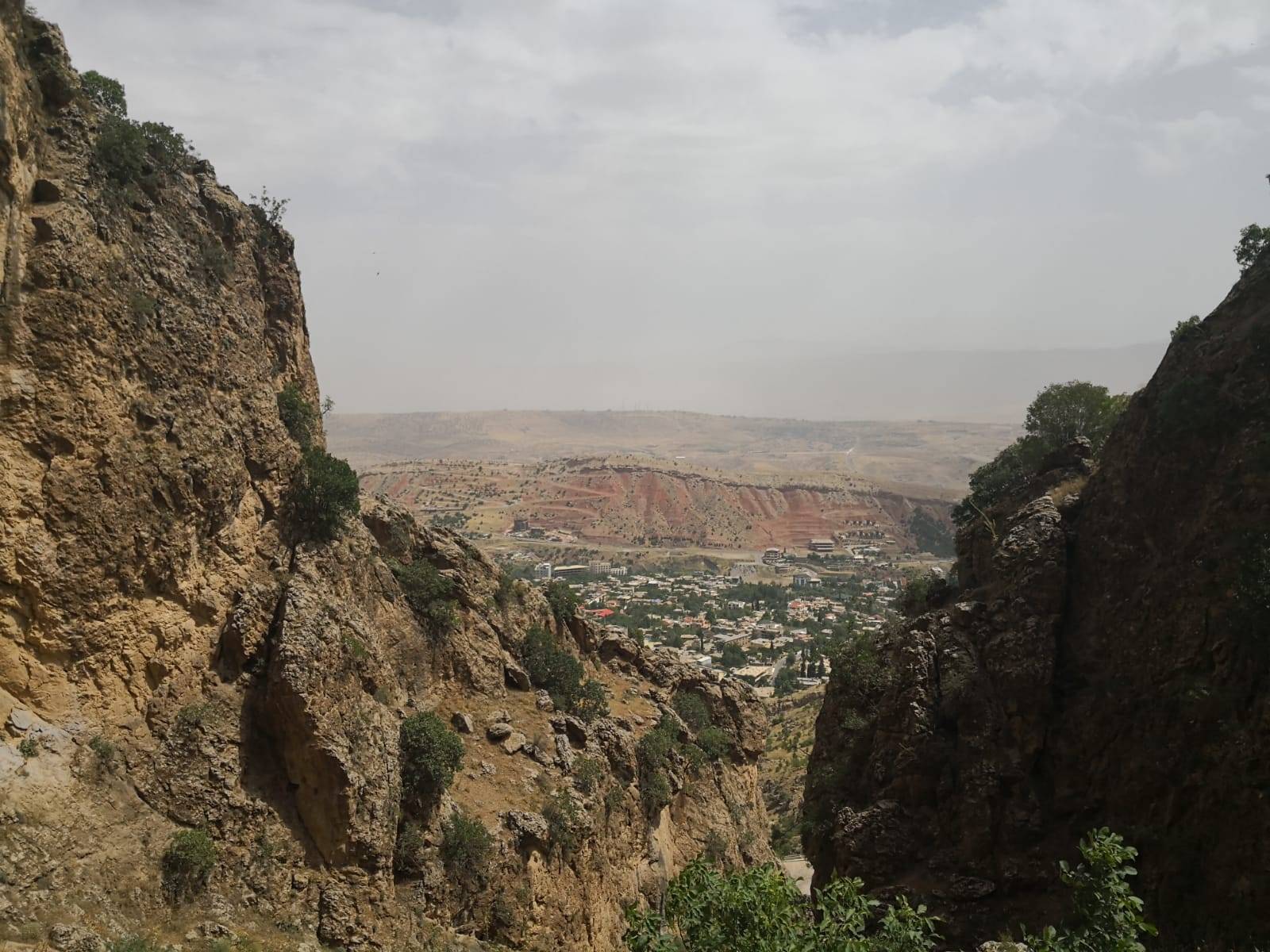KARAMLES, Iraq—On a daily basis, millions of Americans use cash without noticing the small imprint on the back side of the bills. Yet halfway across the world, in a small Christian town, the phrase “In God we trust” is uttered daily, and it’s no abstraction — it’s a literal way of speaking about Christ, who people here believe will defend them from Islamic fundamentalists.
Once a thriving Chaldean Catholic community, Karamles today is the shadow of what it used to be, but many are working against the clock to make it what it was before summer ends.
With the financial support of the Knights of Columbus, some 320 families have been able to move back into their homes. In total, 354 houses have been repaired after the entire region was occupied by ISIS in August 2014. Over 70 had been burned, 277 homes had been partially destroyed, and another 41 were burned but will be ready to be returned to their rightful owners soon.
(The Knights of Columbus are a principal partner of Crux.)
There were 89 homes that were fully destroyed, and rebuilding will have to wait since the individual cost can go up to $60,000.
In addition, the local convent was hit during one of many aerial strikes perpetrated by the government in an effort to drive ISIS out, and there’s literally a hole in the ground where a three-story building used to be.
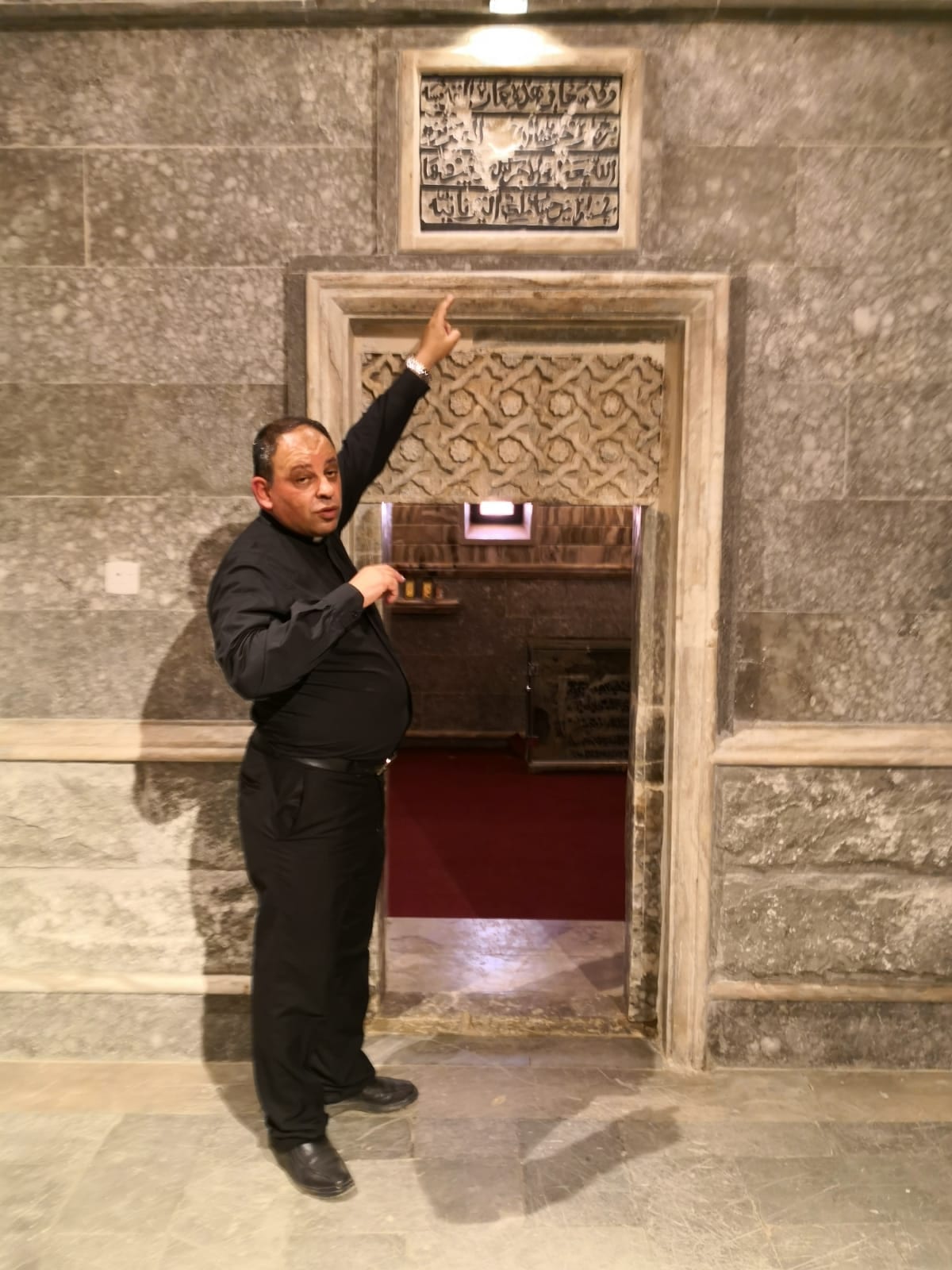
According to Father Tabet Yousif, a Chaldean priest who’s heading the reconstruction committee of Karamles, the people who’ve gone back are “very happy to have done so, because their identity is in this town.”
He set his mind on rebuilding the village two weeks after ISIS was finally cast out from the town in October 2017.
An immediate need is to find $20,000 to add to the original budget to restore a house that could serve as a convent for two Chaldean sisters, who will soon move to Karamles to teach children at a primary school the committee recently finished rebuilding.
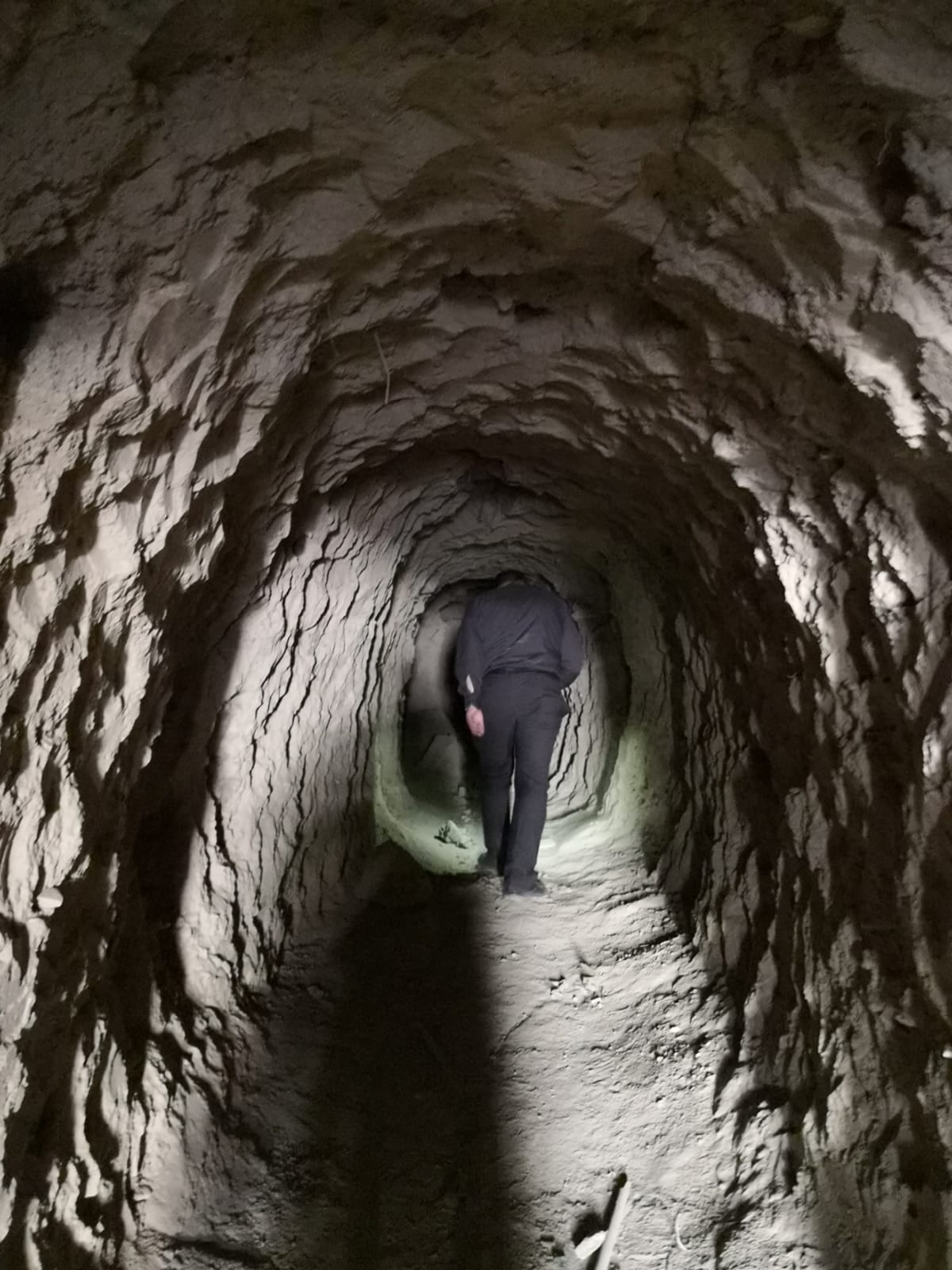
But the priorities this man has are many, and all seem urgent. In addition to the homes for the displaced, the committee for rebuilding the town hopes to:
- Restore the Karamles Secondary School for Girls.
- Build a park for children to play in.
- Finish restoration of the Church of St. Mar Addai, because the one they use now is too small.
- Complete the historic Santa Barbara Church, located at a hill overlooking the town. Because of its strategic location, the church that dates to the seventh century was used by ISIS as a fort for snipers, and several tunnels were built communicating with the town as well as the top of the hill, from where snipers would kill anyone trying to get close.
Long-term, Yousif has his mind set on opening a university, a playground, a meeting center, and using some of the land owned by the Church to create small farms for young people to grow crops.
The list of needs is never-ending, but the efforts are beginning to pay off: A new factory is being built in between Santa Barbara Church and the skeleton of a university that never was, and dozens will find employment there. The investment comes from a businessman born here but who’s been in Jordan for decades.
In addition, some of those who’ve moved back have begun opening small stores. Ideas for new ones often reach Yousif’s ears, but he doesn’t yet have the money to help them.
Ghaninm Shaba Hanna is one of the many who’ve benefited from the rebuilding efforts. The home he shares with his wife Ator Elya Sulaiman and their 20-year old son Karam was ready in February.
Before that fatal August, the three lived off his salary as a driver and income from a mini-store attached to their home. Yet when ISIS arrived, they had three hours to vacate the village, leaving most of their precious possessions behind. The small family moved to Erbil, where most Christians who were forced out of the Nineveh Plains ended up.
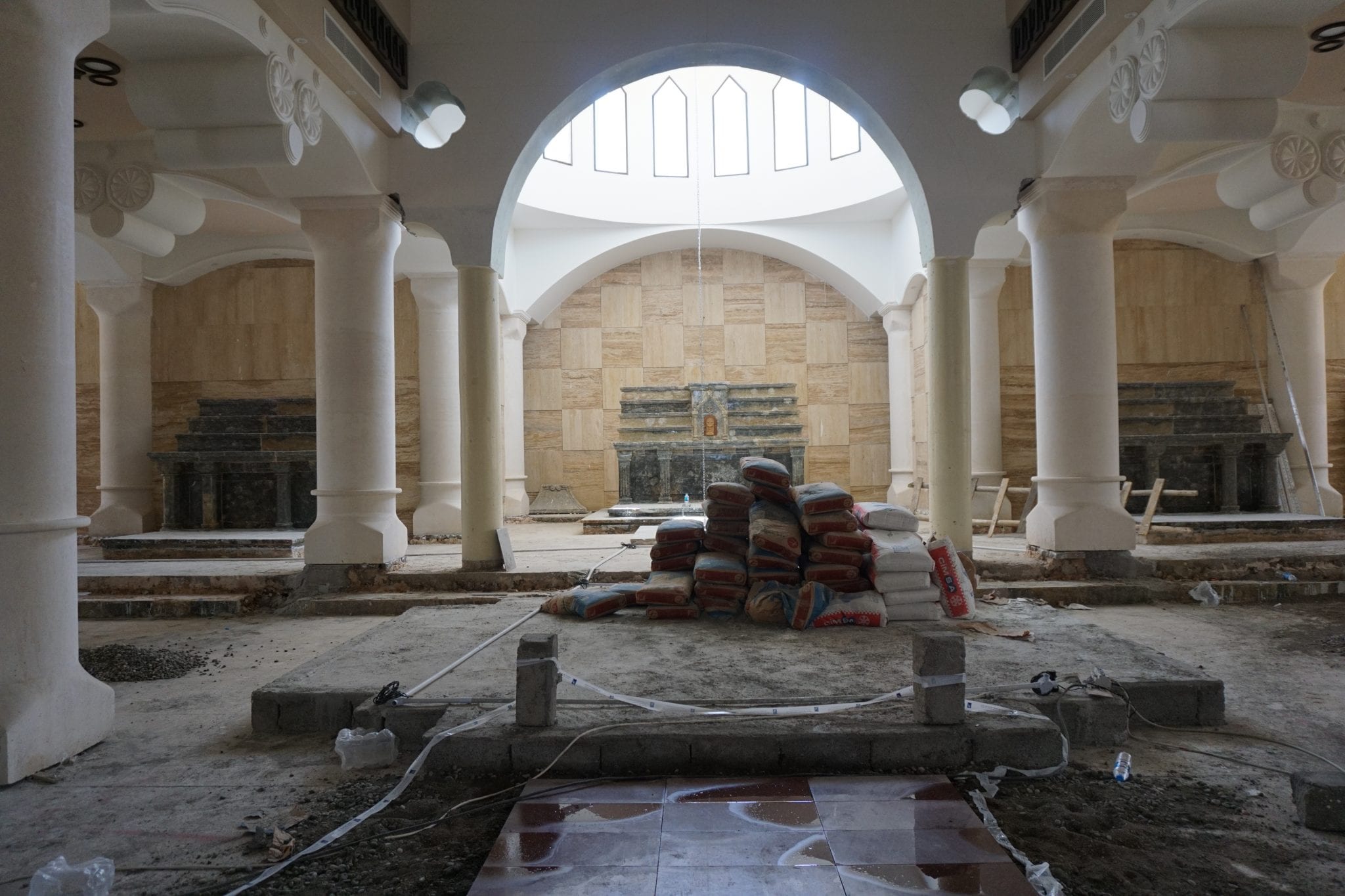
Hanna’s mother died while they were in Erbil.
“My home was charcoal when we came back,” he said. “The shock of seeing it put me in the hospital for three days. I couldn’t believe what they had done.”
Though still standing, the entire home was blackened by fire. Today, the scenes of shock as people return are repeated time and again across Karamles. In addition, a bomb that destroyed a neighboring house left a large hole in the walls of a room on the second floor.
“This is my place, where my roots are,” Shaba said, adding that he didn’t “doubt for a second” he would return when he learned that Yousif was trying to help people come home.
Due to the war, Karam never finished high school. He says he’s “comfortable” helping his father run the small general store, and, despite the fact that his home is not what it was, “I’m happy here … My friends are all already back here too.”
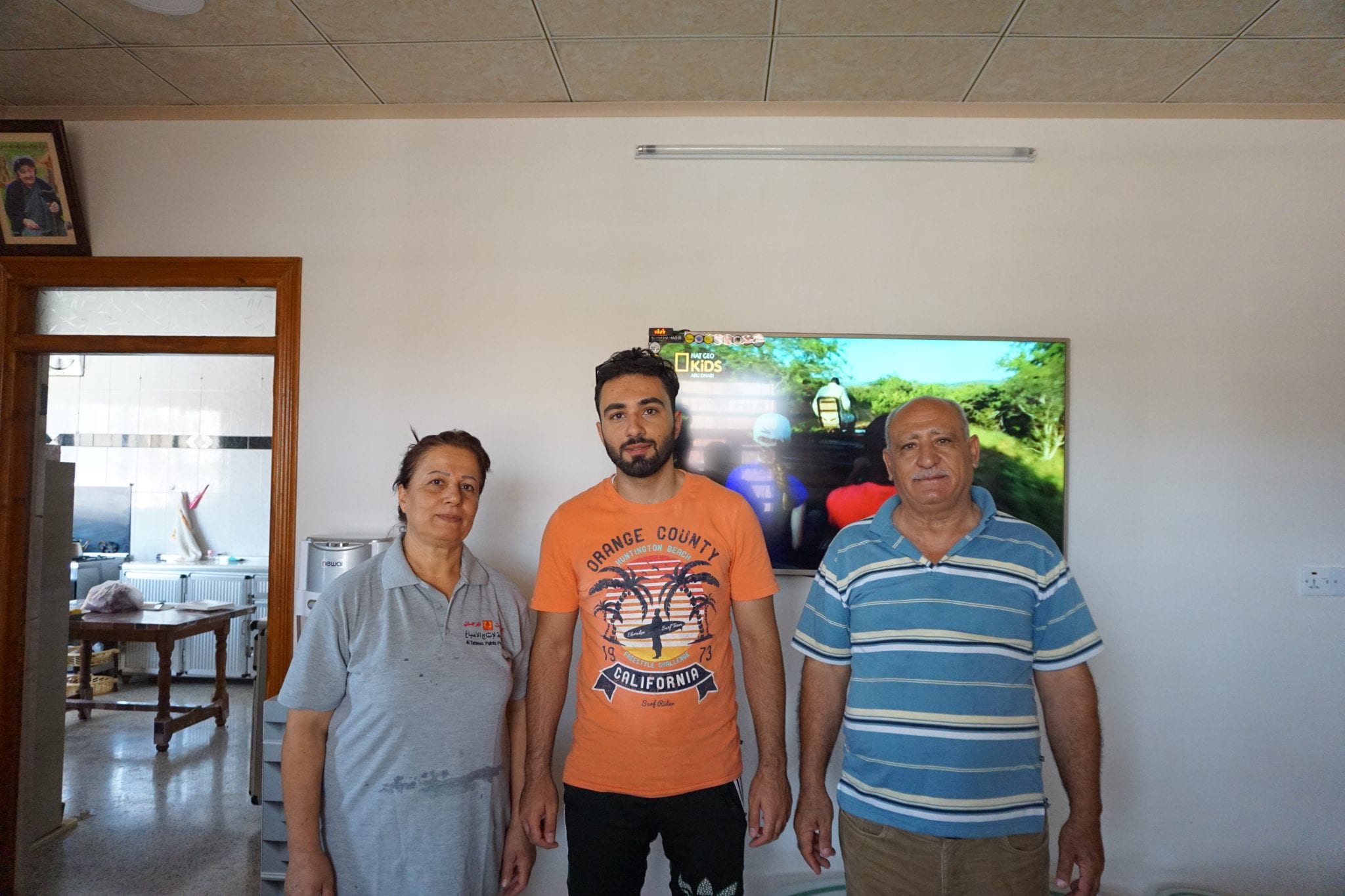
Though immaculate on the inside, and already sporting a big flatscreen TV, the outside of the family home is still covered in soot. With everything that still needs to be done, returning the home to its former dark pink exterior strikes them as a superfluous expense.
At the beginning of the crisis, they lived with a friend of Shaba in Erbil but eventually needed to rent a small apartment. The fact that moving back home would mean he no longer needed to worry about rent, the young man acknowledged, sealed the deal.
He told Crux that he’s “not afraid” of what might happen, and the family has a history of being survivors: for over 13 years, including eight of the war with Iran, his father was a member of the Iraqi army.
The devastation that drove Shaba to the hospital is leading other original inhabitants to hesitate. Some have emigrated, others are permanently moving to Erbil. Yousif said he has more houses in need of rebuilding than families. But many of the homes have new owners, or at least, he believes, will soon.
The city of Mosul, the largest in the region with an important Christian presence before ISIS, is not yet safe for Christians. Many are in limbo, not wanting to emigrate but not able to go home. Hence the Nineveh Plains, which include several towns on both sides of the border that divides Iraq from Kurdish controlled territory, has become their safe heaven.
Though reticent to speak ill of the hand that might feed him in the future, Yousif did complain about the fact that the United States government has yet to keep its promise of by-passing major NGOs, including the United Nations, and give some of the money Congress assigned to victims of genocide in Iraq and Syria directly to Christian churches.
If nothing else, Yousif argued, experience shows that the direct investment would give the U.S. a better bang for the buck. In the past months, he said, towns being rebuilt with the help of the Knights of Columbus or the papal foundation Aid to the Church in Need saw better and more rapid progress.
“We have a better team,” Yousif told Crux. “And we lose nothing in personal pocket money,” he added, explaining that the UN’s bureaucracy makes it harder to keep a close watch on the workers, who often keep money intended for the homes.
He has a team of some 50 people, including masons, electricians and plumbers, who do the restoring, and all are locals, so efforts to rebuild the city are also a source of employment.
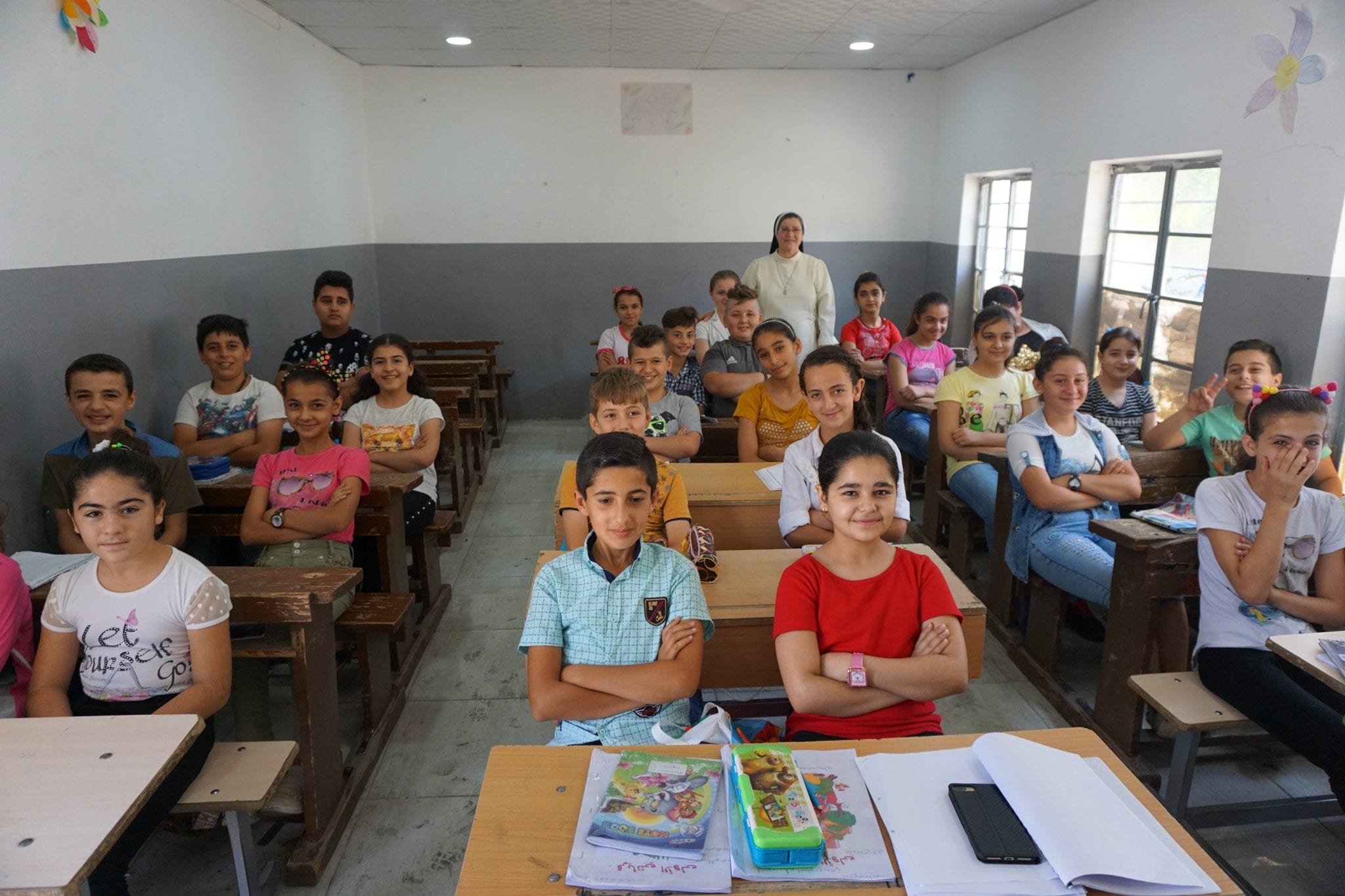
In addition, the lack of bureaucracy allows the local churches to begin projects almost immediately, while the UN can “take up to 10 months to start a project after it was greenlighted.”
“If people decide to come back home and nothing has changed from when they left, they will leave Iraq,” Yousif said. “And we can’t afford for this to happen.”
The reasons to go back are many, and the list of reasons not to want to do so isn’t short either. However, those who’ve decided to remain in the land that has had a Christian presence since the early days of Christianity are steadfast in their conviction, and are not planning on going anywhere.
Dr. Emad Al-Dalakta, an engineer, lived with his family in the United Kingdom from 2009 to 2012, getting his doctorate in communication networks in Newcastle. They are from the neighboring town of Batalla, a Syriac Orthodox village that has received help from the UN. His experience leads him to agree with Yousif’s assessment of whom the aid money should go to.
He and his wife have three children. The eldest is 22 and studying in Lebanon, waiting to hear about a possible scholarship from a Hungarian university to become a doctor. The younger ones are girls, ages 7 and 4, born after his wife had surgery in England.
“The doctor said the chances of us having a baby would be 10 percent,” Al-Dalakta said. “But I put my cross in his hands and gave him the go-ahead. God rewarded our trust.”
“Some people asked me why I didn’t go back to England after ISIS made us flee,” he told Crux. “Well, I couldn’t just leave my country and expect foreigners to fix it. It’s my country, and even if we need some help kickstarting the reconstruction, it’s our duty to be involved.”
Al-Dalakta teaches at a university in Aleppo, located on a side of the city that remains an ISIS stronghold. Most of his colleagues are Muslims, and, seeing that his life was torn apart by radicalized Islamists, asking him if he’s afraid when he goes to the city every other day is a fair question.
Yet his answer is categorical: “No. I’m not afraid. In God we trust, right?”
